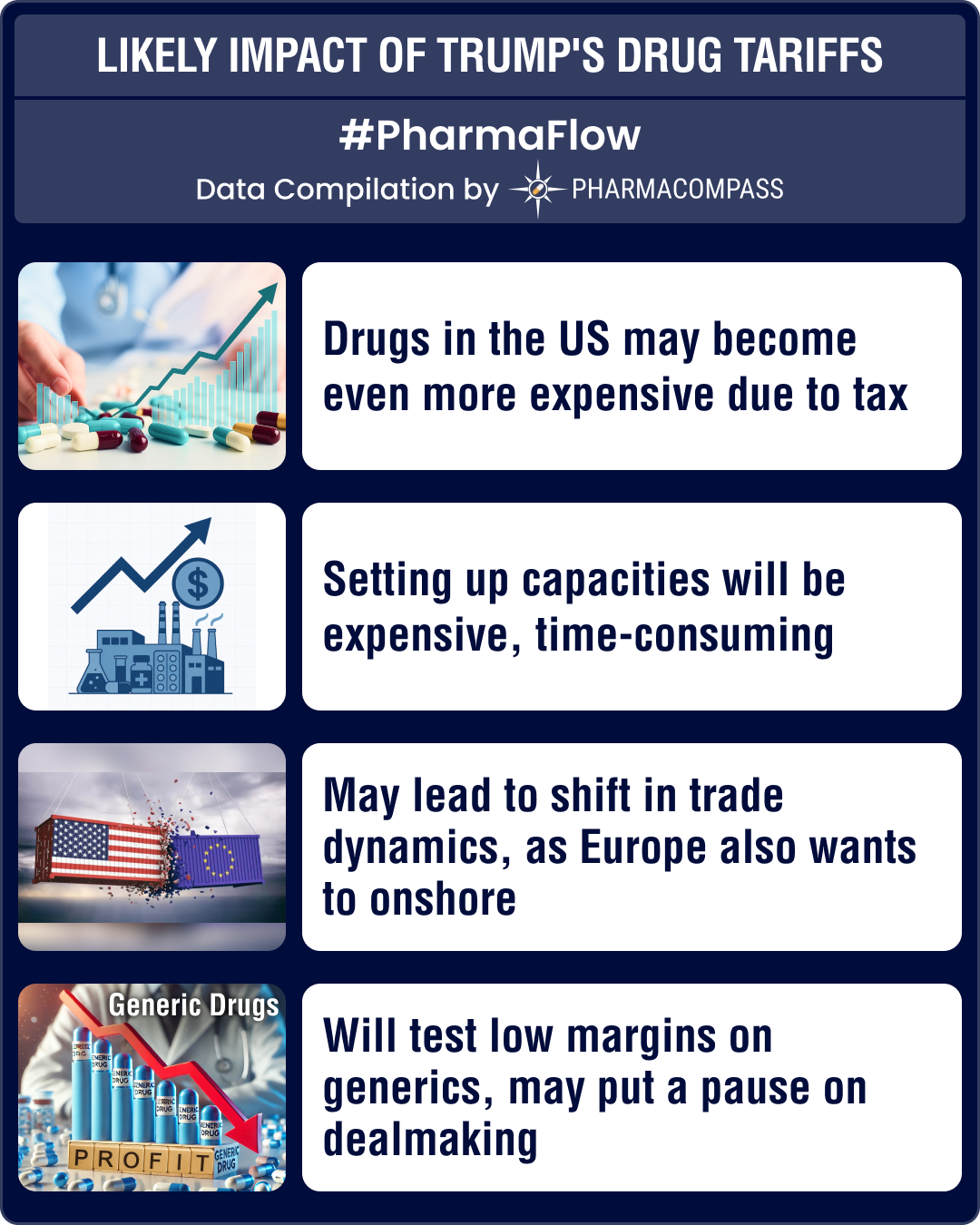
#SpeakPharma with SCORR Marketing
2022-05-21
Impressions: 1311
In these times, quality talent can be difficult to attract. SpeakPharma interviews Lea LaFerla, Vice President of Marketing Services & Business Development at SCORR Marketing, a leading full-service marketing and communications firm in the health sciences space, to understand how companies need to work on both their corporate brand, as well as their employer brand, in order to attract talent. According to Lea, companies today need a strategy to engage with the talent they want to attract, and that begins by honing the strength of their employer brand.
With unemployment rates touching new lows, companies are scrambling for quality talent. Tell us about the role a corporate brand plays in attracting high-quality talent.
Your corporate brand is the first impression people get when they interact with your company. This is not just true for the target customer market, but also for your prospective employees.
A successful corporate brand showcases the company’s uniqueness and personality, along with its expertise. It invites engagement and inspires the talent it is seeking to click on that next page or next piece of content and interact with it.
An effective corporate brand motivates viewers to go deeper and achieve an experiential sense of the business that goes well beyond the “nuts and bolts” of the products and services on offer. At first glance, if the brand isn’t inspiring, it detracts from the much-needed opportunities to connect with the talent you’re competing for.
What’s the difference between a corporate brand and an employer brand?
Your corporate brand is the ultimate expression of your company’s value proposition. To external audiences, such as existing or potential customers and potential employees, the corporate brand should reflect an alignment between the external offerings — i.e., products and services — and a clear company personality.
Your employer brand, on the other hand, needs to reflect your internal offerings (i.e., trainings, growth opportunities, personal wellness culture, work-life balance, etc.), which in turn need to be aligned with your corporate brand personality to both internal (existing employees) and external audiences (potential employees).
The external elements of your employer brand should directly reflect the aspects of your internal culture that you want to highlight to prospective employees.
How consistent should the corporate and employer brands be?
They are closely tied, but distinct. Your corporate brand personality should definitely influence your employer brand. That said, your employer brand can be more personal, and even informal, depending on which platform you are working on.
For example, the employer brand, as expressed on your website, might include a culture page that showcases professionally photographed or filmed experiences of what it’s like to work for your company. But you could have a less formal expression of your employer brand on social media by empowering employees to use selfies and self-created videos from their mobile devices to share personal snapshots of why they enjoy working with you. What kind of employer brand tactics you use will partially be determined by the overall tone and personality of your corporate brand. Thus, both the corporate brand and the employer brand should work together closely and cohesively.
Is it enough to put all job openings on the website? What else can companies do?
Unfortunately, it’s not enough these days to have open jobs listed on your website. You need a strategy to engage with the talent you want to attract, and that begins by honing the strength of your employer brand. What do prospective employees find when they go through your website? Are you really showing — and not just telling — what it is like to be a part of your team? Is the content on your website and various social media channels designed specifically to demonstrate your internal culture and values? And how consistently and effectively are you leveraging those elements? It’s a “buyer’s market” for employees right now, and you’ve got to attract them with a clear “why” that shines through and inspires engagement.
Increasingly, candidates’ top priorities these days have less to do with the salary and more to do with the culture. How can marketing help?
Marketing is a clear, consistent, and effective tool for candidates to connect the dots between what they’re looking for and what you’re offering. It’s a tool that points engaging content at your desired audience to achieve the results you want. Beyond that, marketing is a reputation builder. It shows and tells the world why you’re a preferred business partner and employer.
What do you want the candidates to know about working with you? Will they have opportunities for professional growth? What about work-life balance? And what benefits will they receive? Use marketing to let them know that you tick all their boxes, at the same time showing them how your company does that in a unique and inspiring way. Great marketing brings right-fit tactics (i.e., website upgrades, videos, social media, etc.) together in such a harmonious way that it appeals directly to the talent you want to attract.
Corporate social responsibility issues are becoming increasingly important to job seekers. How can marketing help address these questions?
The first question to ask is whether your company prioritizes corporate social responsibility (CSR) or not. If yes, then marketing is the ideal tool to showcase your efforts and commitment tastefully and effectively to candidates who are applying for a job or accepting an offer.
If the answer is “no,” then business leaders need to realize that internal culture-building strategies around CSR issues can be included within the context of marketing consultation. As mentioned earlier, marketing is not just a tool for interfacing with external audiences. It can also be used to bolster and nurture internal culture-building efforts, which in turn, can be told as stories to external audiences.






